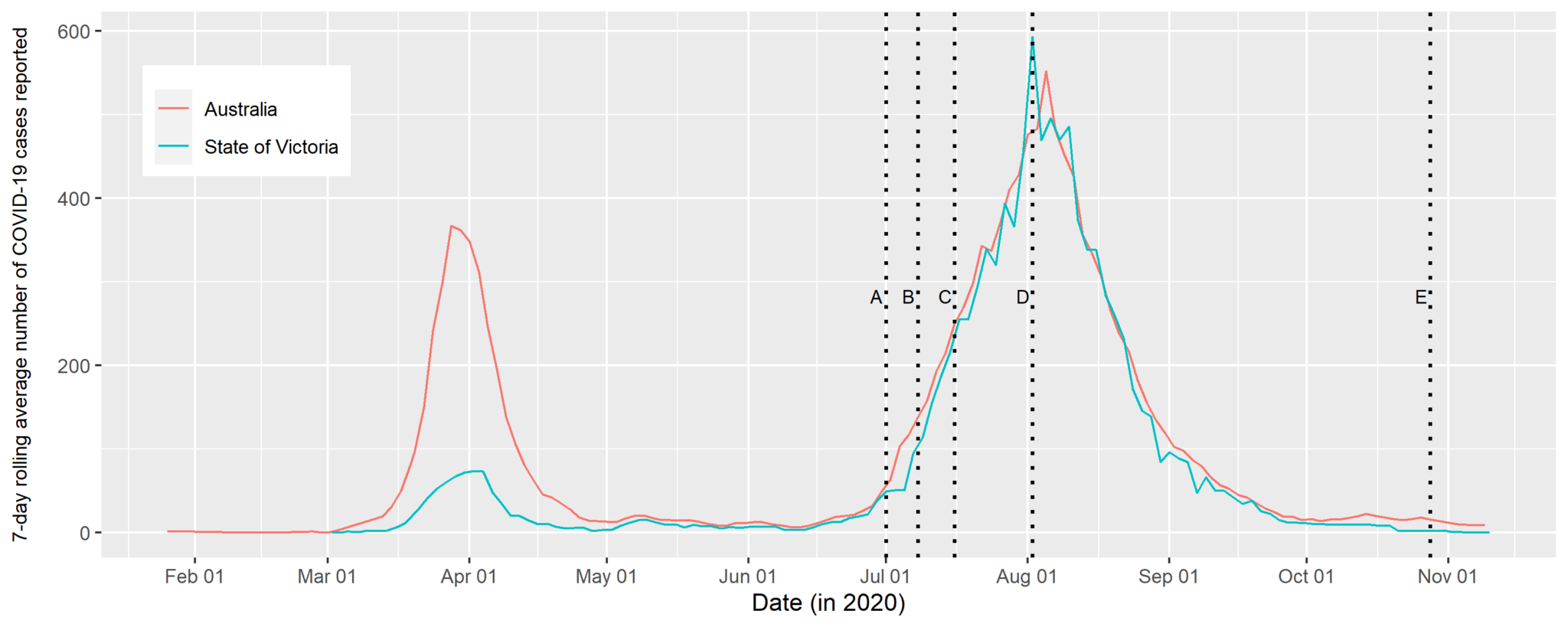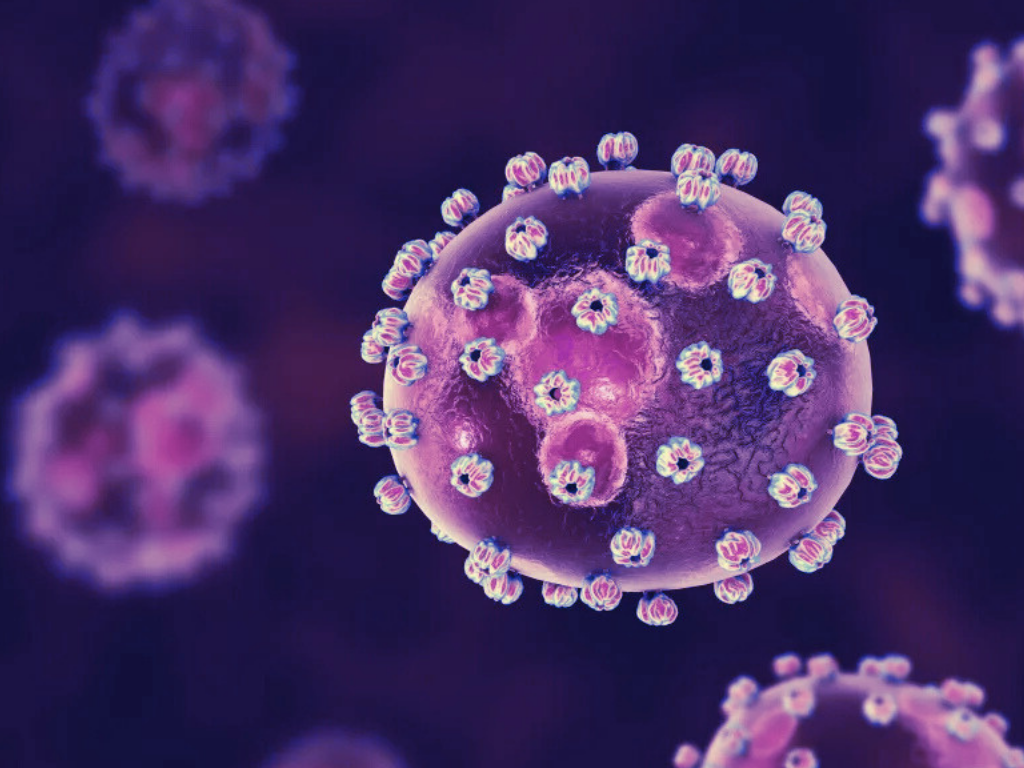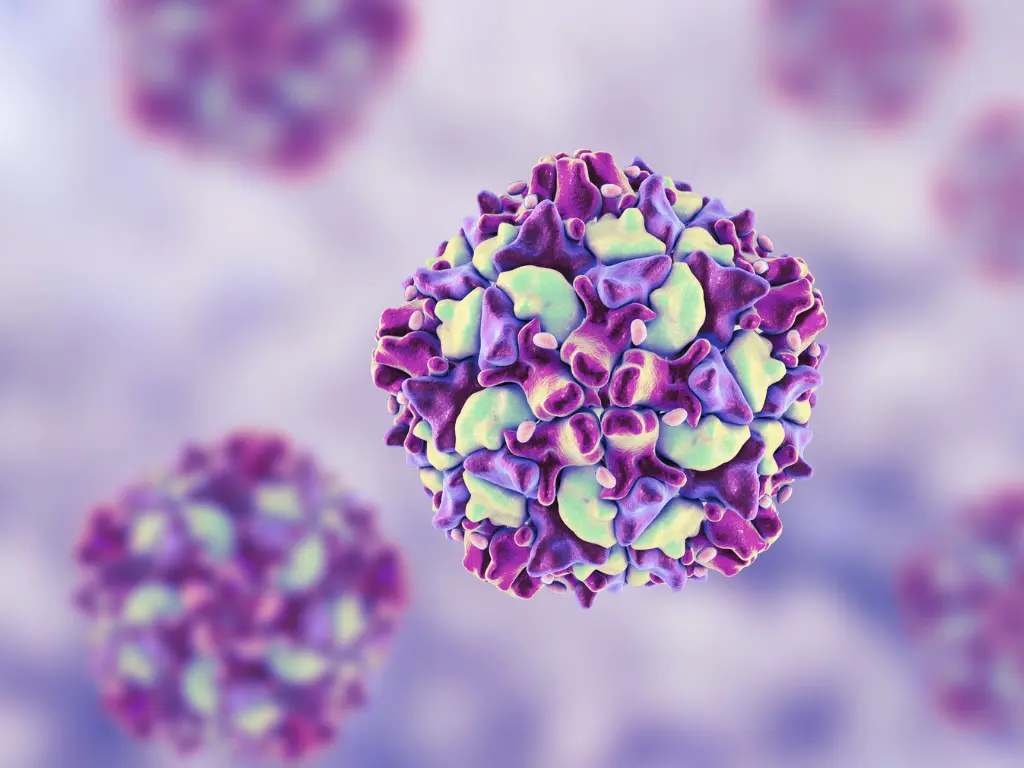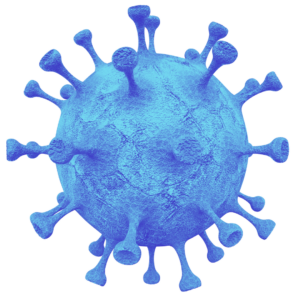Which public health measures stand out from the rest in the global effort to control COVID-19?
Many countries have implemented common control measures such as restrictions on public gatherings, wearing of face masks, restrictions or quarantine procedures for incoming travellers, closure of non-essential businesses, and “stay-at-home” orders. Our analytics team set out to dig deeper into what’s working, highlighting unique strategies that have shown some success in a variety of jurisdictions around the globe.
This global view into successful public health strategies is the subject of our latest COVID-19 Focus Report. BlueDot generates these reports on a regular basis for our clients, using public and proprietary data sets as well as our team’s epidemiological expertise. Here’s a sampling of what we found:
First and foremost, test-trace-isolate
- The test-trace-isolate approach to controlling COVID-19 is imperative. Some strategies used to test for SARS-CoV-2, rapidly scale up testing, or support the public health workforce include: decentralization of laboratory testing (e.g. Uruguay, Rwanda), domestic development and production of tests and supplies (e.g. Uruguay, Singapore), pooled testing (e.g. Uruguay, Rwanda, China, Viet Nam), mass testing campaigns (e.g. Hong Kong S.A.R., China, Viet Nam), early engagement with the private sector (e.g. South Korea), wastewater testing (e.g. Canada, Australia), and community-based health volunteers (e.g. Thailand).
- While prospective contact tracing has been commonly utilized for identifying individuals at risk, retrospective tracing (e.g. Japan) is showing promise in identifying case clusters and high-risk locations or activities, and informing targeted communication, education, risk reduction, and policy interventions.
- Targeted restrictions including renewal of lockdown measures have successfully suppressed or minimized resurgences in recent months (e.g. Australia and Israel), allowing for the return to a “new normal” in economic and social activities. Targeted containment strategies (e.g. India) appear to be contributing to the relative control of COVID-19 where incidence rates were expected to worsen.

Communication is key
- An exploration of varying communication strategies globally and within Canadian provinces informed a recommendation report produced by researchers at the University of British Columbia. There are five principles (known as R.A.P.I.D) that have shown to improve effective public health communications to democracies: (1) Rely on autonomy, not orders; (2) Attend to values, emotions, and stories; (3) Pull in citizens and civil society; (4) Institutionalize communications; (5) Describe it democratically.
- To address misinformation, strategies have included the enlistment of the police force to monitor online misinformation (e.g. South Korea), explicit press releases identifying false information (e.g. Taiwan), and the communication of accurate and timely information through multiple channels and in different languages (e.g. Taiwan).
What does this mean?
- The relative success of controlling COVID-19 observed in countries in this report are a result of multi-faceted control measures taken at the population and individual level and responses to them at the individual and societal level. Extraneous factors including but not limited to the existing political system, public trust in the government and science experts, and inherent cultural values all play a role in the success of these countries in controlling COVID-19. Here, we reported on some of the more unique approaches which appear to have successfully contributed to control of COVID-19 within the jurisdictions highlighted.
- With many countries currently experiencing a resurgence in COVID-19 cases, and the possibility of a long timeline before vaccinations will be widely available— given the reported disproportionate pre-orders of front-running vaccine candidates by high income countries — it is worth exploring the feasibility of some novel and seemingly successful strategies to control the spread of COVID-19.









